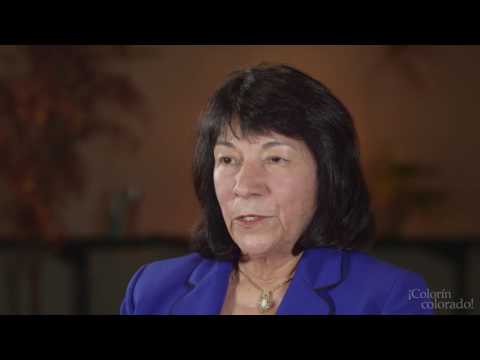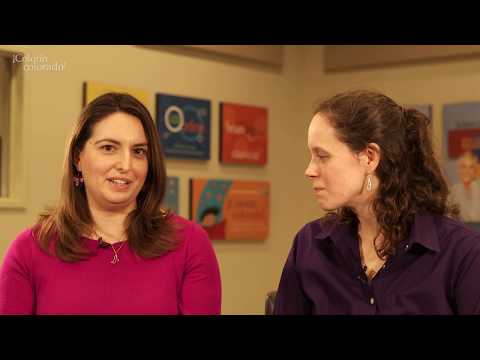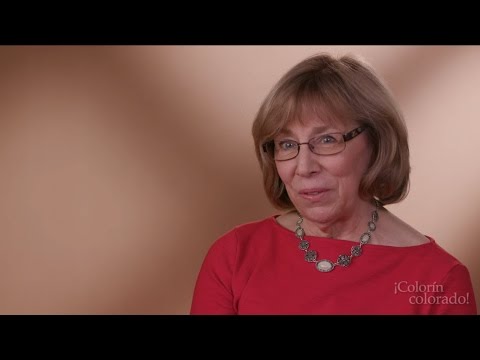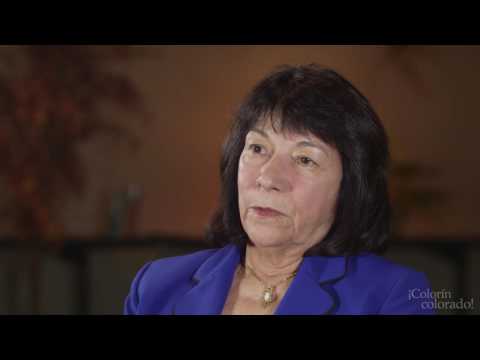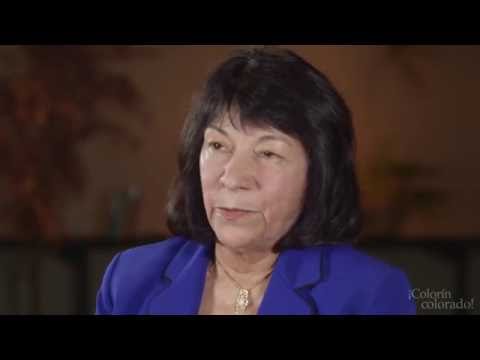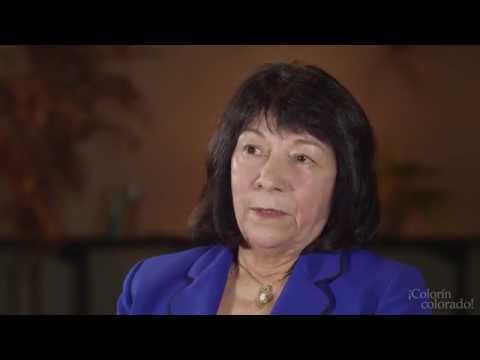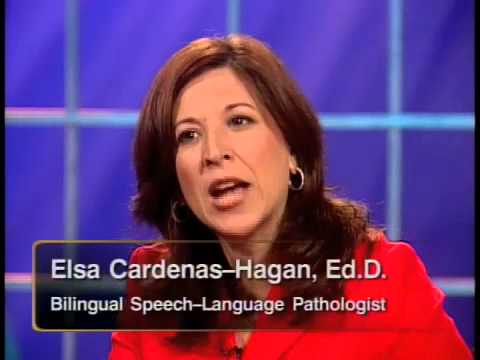Factors That May Look Like a Disability

There are many reasons an ELL may be having a hard time academically, including language, culture, socio-economic background, or a learning difference or disability. Learn more about some of the factors that are important to understand when looking at the reason ELLs struggle.
Featured Articles
- A Hidden Language: Supporting Students Who Speak Mixtec
- Addressing ELLs’ Language Learning and Special Education Needs: Questions and Considerations
- A Word Beginning with "T": "Maestra"
- Consider Culture Before Referral of Culturally and Linguistically Diverse Students for Special Education Services
- ESOL and Special Education Collaboration: A Teacher's Perspective
Related Video
Research and Reports
Recommended Resources
Cultural and Linguistic Differences: What Teachers Should Know
From the Center for Parent Information and Resources: The IRIS STAR Legacy modules are meant to help train future teachers, administrators, and other school personnel. This module examines the ways in which culture influences the daily interactions that occur across all classrooms and provides practice for enhancing culturally responsive teaching. This module is a revision of ‘Teachers at the Loom: Weaving Together Culture, Family, and Instruction for Culturally and Linguistically Diverse Exceptional Students.’
Acknowledgements
This resource section was made possible through our partnership with the National Education Association. Additional support was provided by the American Federation of Teachers.

